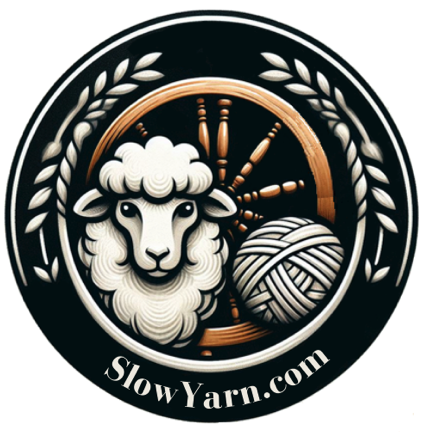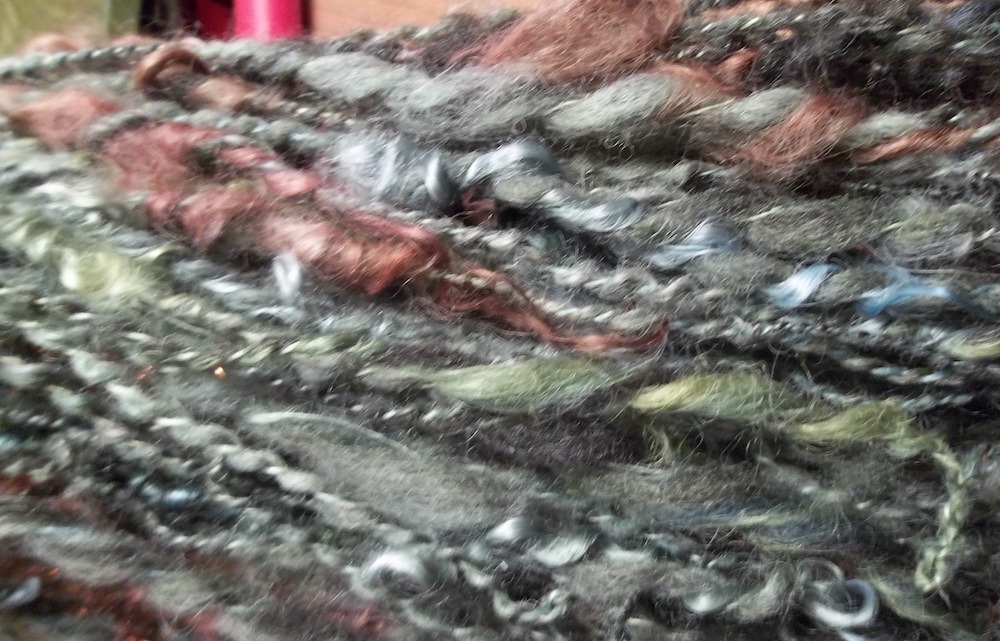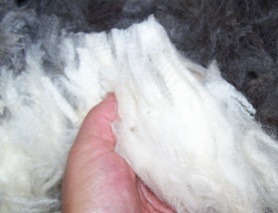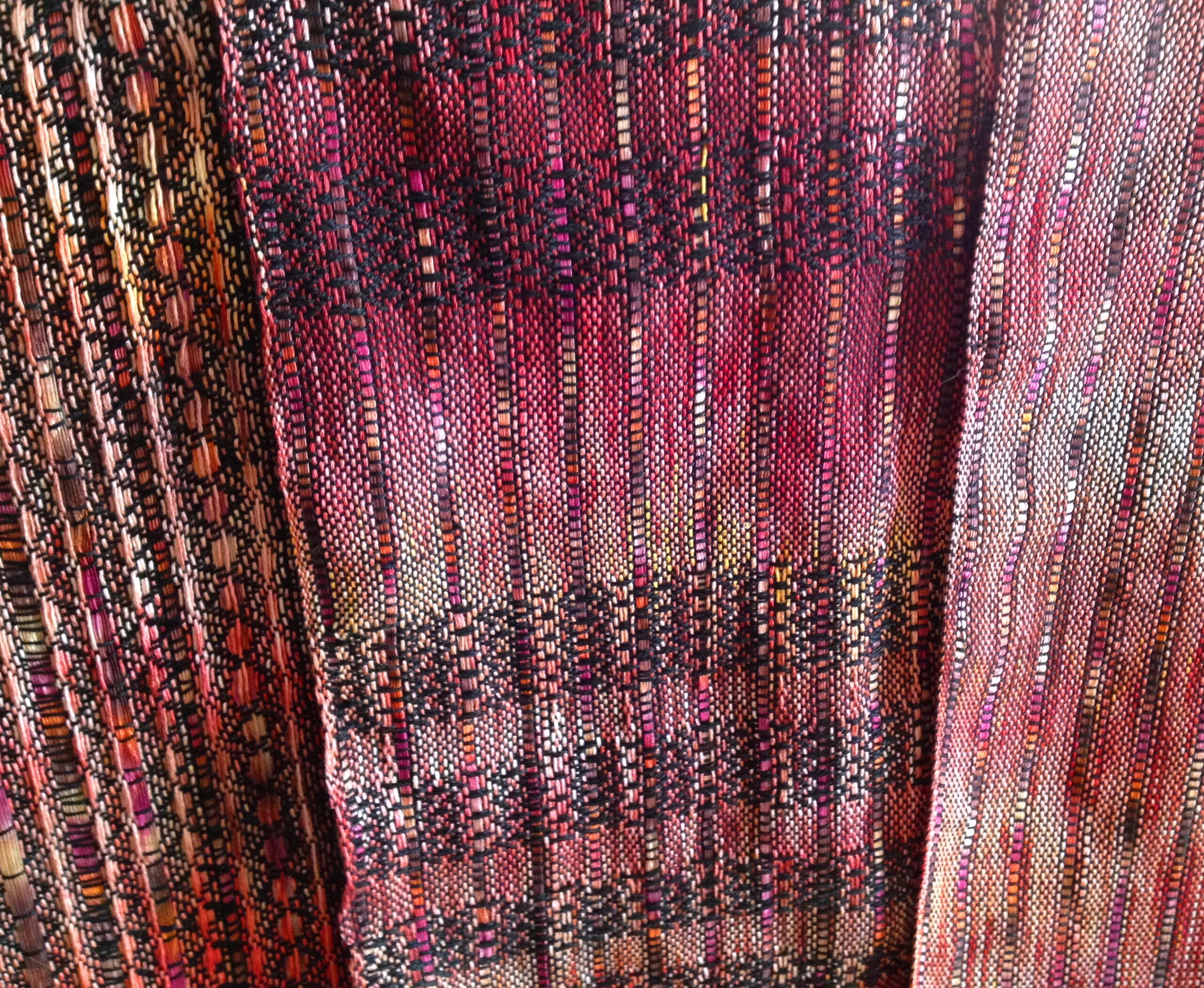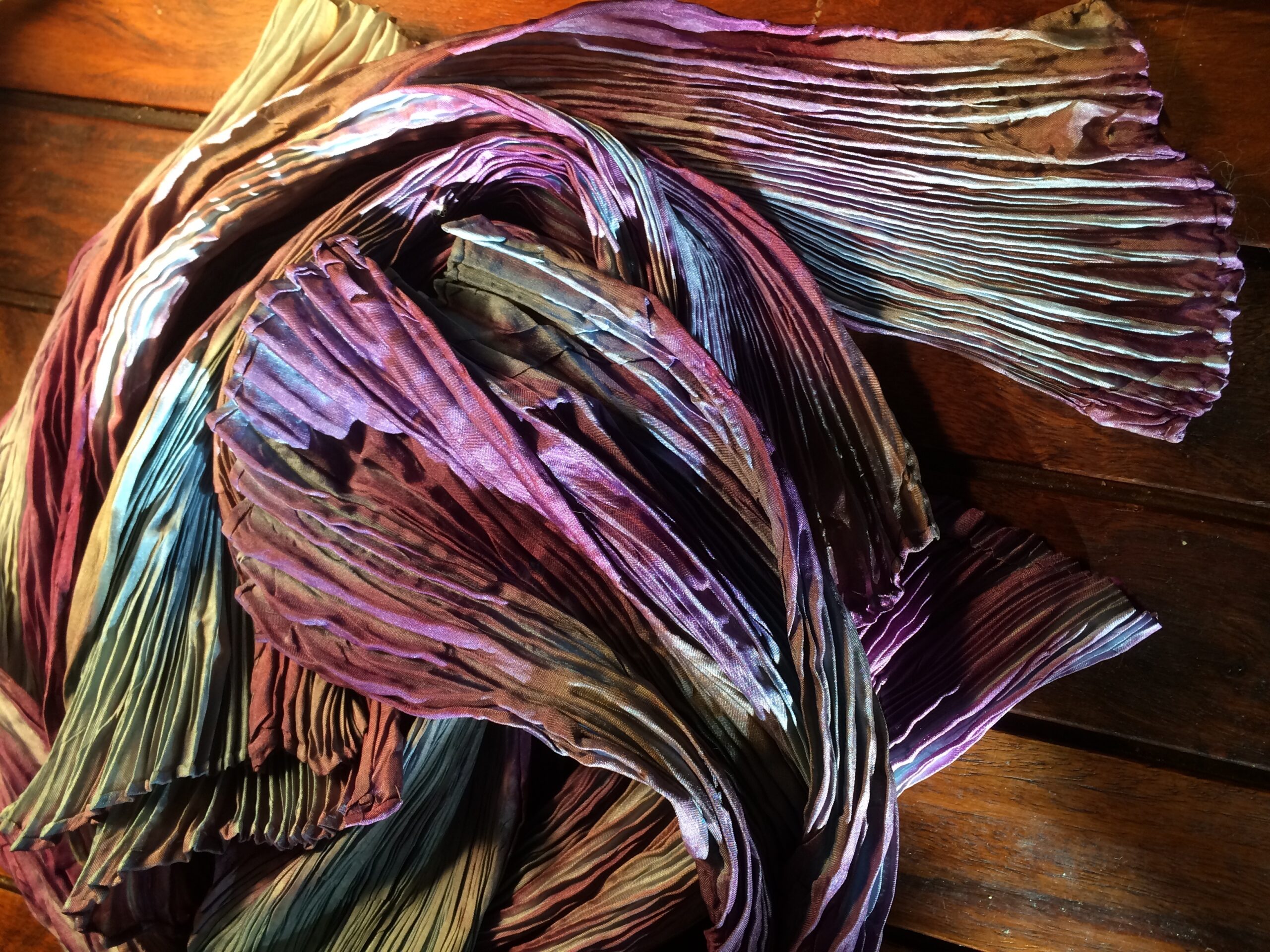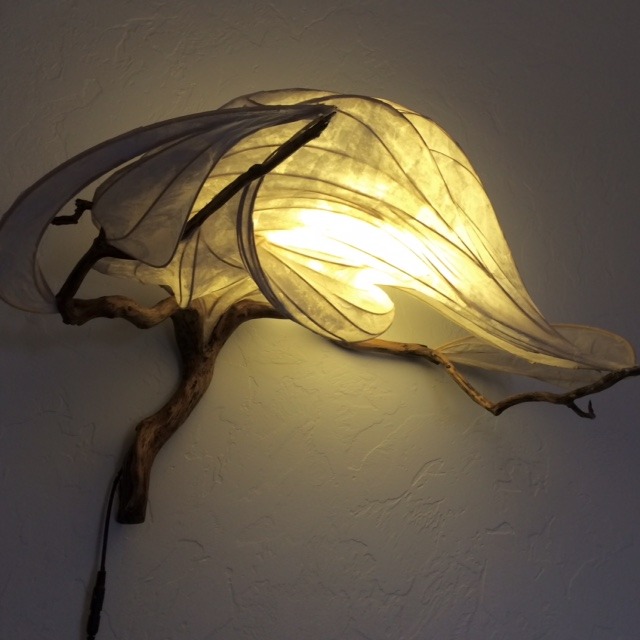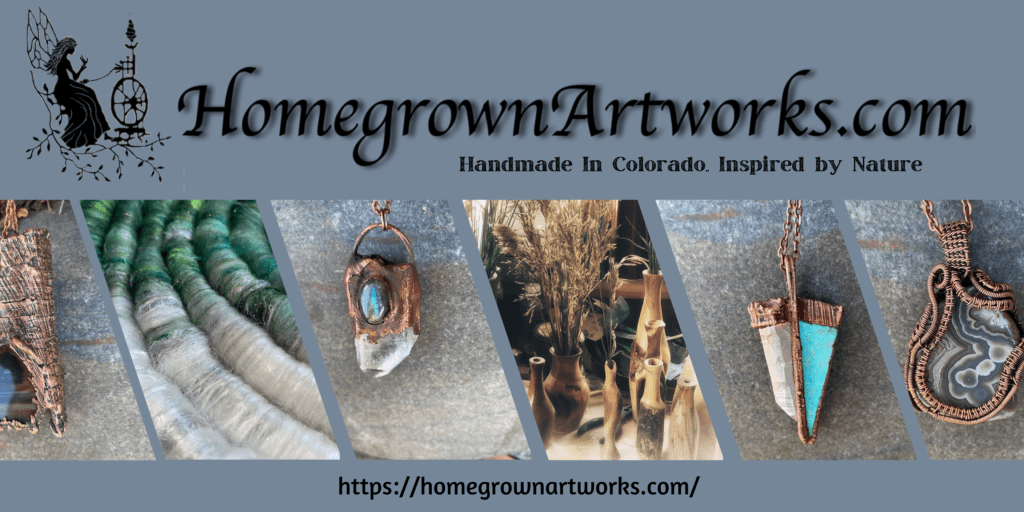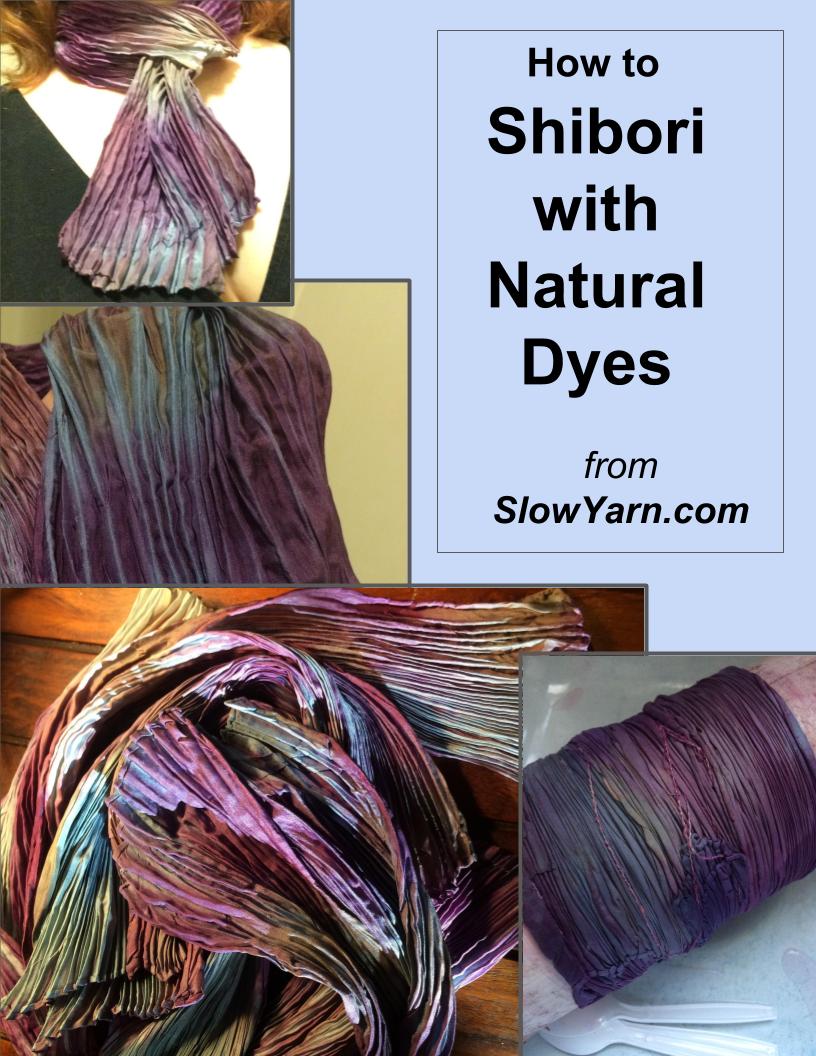Are You Allergic to Wool?
Are you allergic to wool? A lot of people can’t wear wool, because it makes them feel itchy and uncomfortable. Nobody wants to feel that way from their clothes. It makes you wonder how people wore wool all the time back in the day. Were they constantly miserable, rubbed raw from scratching, red in the face and cranky? Probably not. Because it isn’t really the wool that is causing the itch. Wool is just keratin—hair—with the same basic chemical makeup as the hair on your own head. Chances are it is harsh textile chemicals in the wool causing the itch.
Sheep produce lanolin along with their wool, which is the major difference between sheep hair and people hair. This lanolin can be the cause of allergies in a few people, but it can also mean the difference between itchy wool and really soft pleasant wool. Lanolin is the same product that is a major ingredient in many body lotions, baby ointments, and other products meant to soften dry itchy skin. When wool is sheared off the sheep, it has natural lanolin present which keeps the fibers soft and supple. Nature’s best hair conditioner!
Unfortunately, sheep are not clean animals. They live out in fields, with dust and dirt and leaves and sticks and… let’s face it… dung — all blowing around and getting into their fleece. When huge flocks of thousands of sheep are sheared all at the same time their fleeces are gathered and sent off to mills for processing. All that dirt goes, too. You can bet that individual fleeces get no attention at all. All the fleeces are collected together to clean and turn into yarn or fabric.
The cleaning process at most commercial mills involves a hydrochloric acid bath for the wool, in order to dissolve all the cellulose from sticks, leaves, and dung. If the wool was recycled rather than raw fleece, it is also subjected to a sulfuric acid bath. As you can imagine, anything that would dissolve sticks and dirt will remove any lanolin present on the fibers, leaving the wool dry and brittle.
Different breeds of sheep produce different qualities of wool fibers. Some are thicker, some finer, straighter, curlier, or there is more or less lanolin. A really fine wool breed, such as Merino, will have much less itch-factor than a long straight wool, such as Lincoln long-wool. Getting a wool product that is labeled “Merino” will improve your chances of being itch-free, but keep in mind that it was probably produced commercially, therefore was bathed in acid and stripped of its natural softener.
Wool, if it hasn’t been tortured into submission by chemicals, makes one of the most comfortable natural fabrics ever known to man. It is warm in the winter, cool in the summer, absorbent, soft, wrinkle resistant, flame resistant, and elegant. Any clothing, from business suits to baby diapers, can be made with this versatile natural product.
What is the solution, then, if you like the idea of using wool but can’t stand the itch? Look for a local wool producer, who processes individual fleeces gently without acid. Local Handweaver’s Guilds are usually listed in phone books or on the internet, and they are a great source to locate fiber producers who are part of the Slow Movement. “Slow Yarn,” like any Slow Product, is locally produced by individuals who take pride in the quality of their work, the safety of their workers, and the well-being and satisfaction of their customers. Even the most dyed-in-the-wool itcher may just find that they aren’t allergic to wool at all! They are simply allergic to the modern careless chemical processing of a naturally wonderful fiber.
Copyright © 2015 – 2023 Kelley Adams. All rights reserved.
All text, photos, and graphics are the property of Kelley Adams, unless credit is given to an alternative source.
